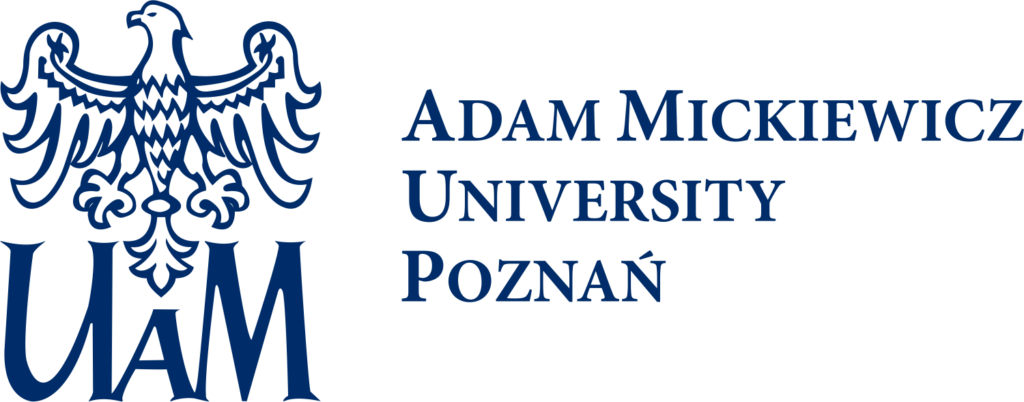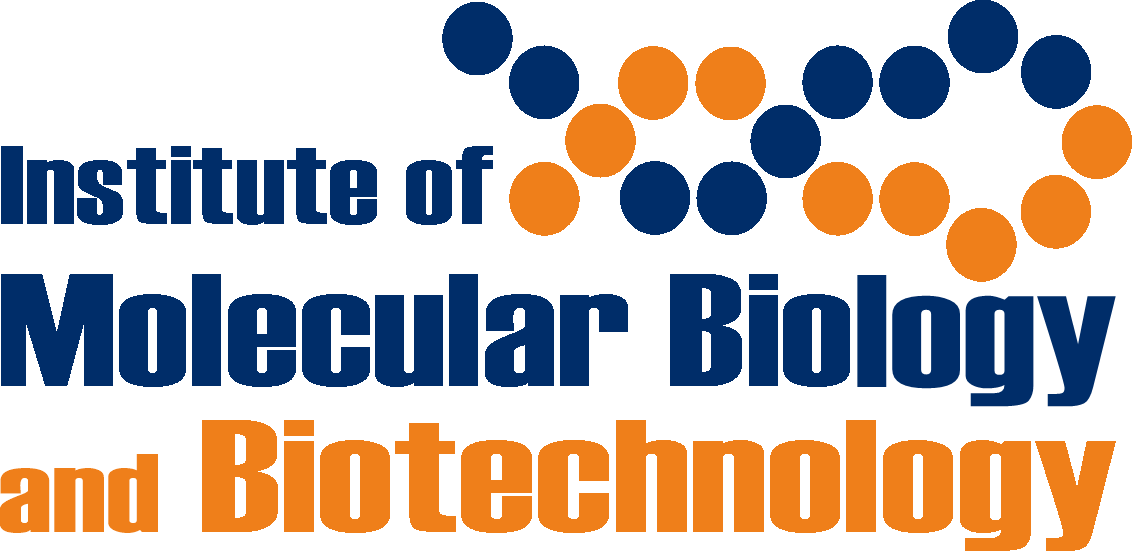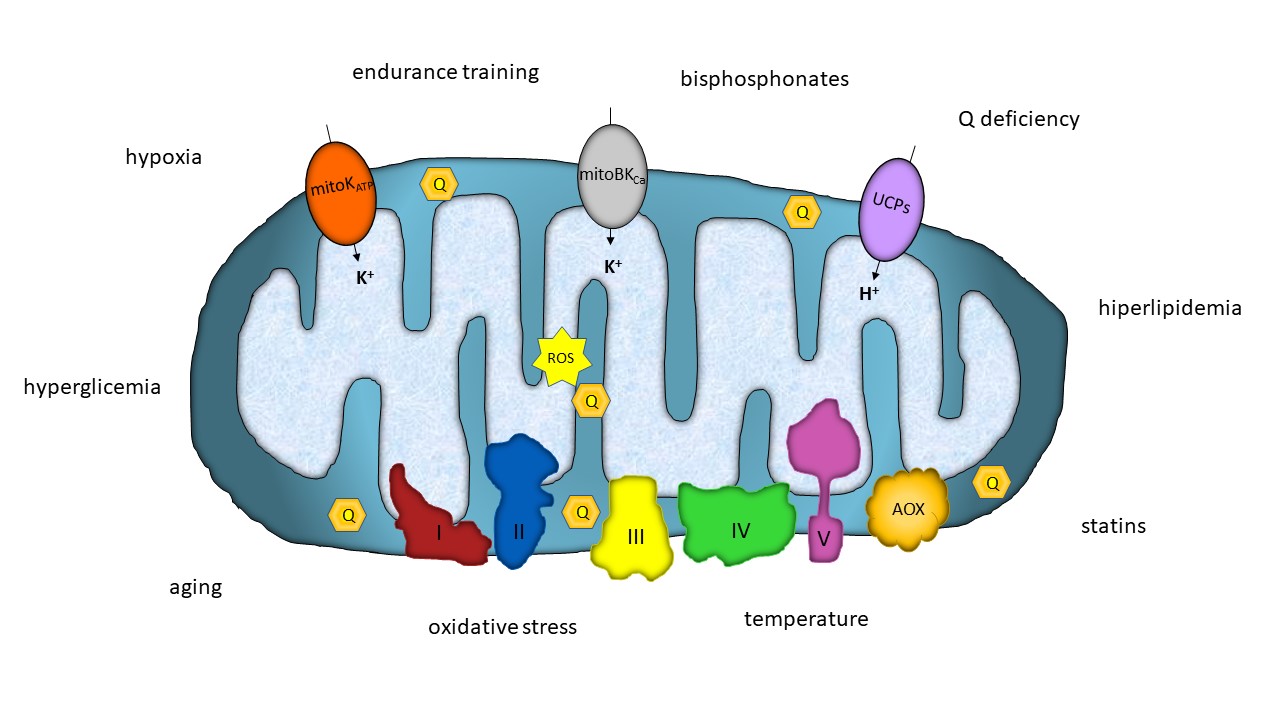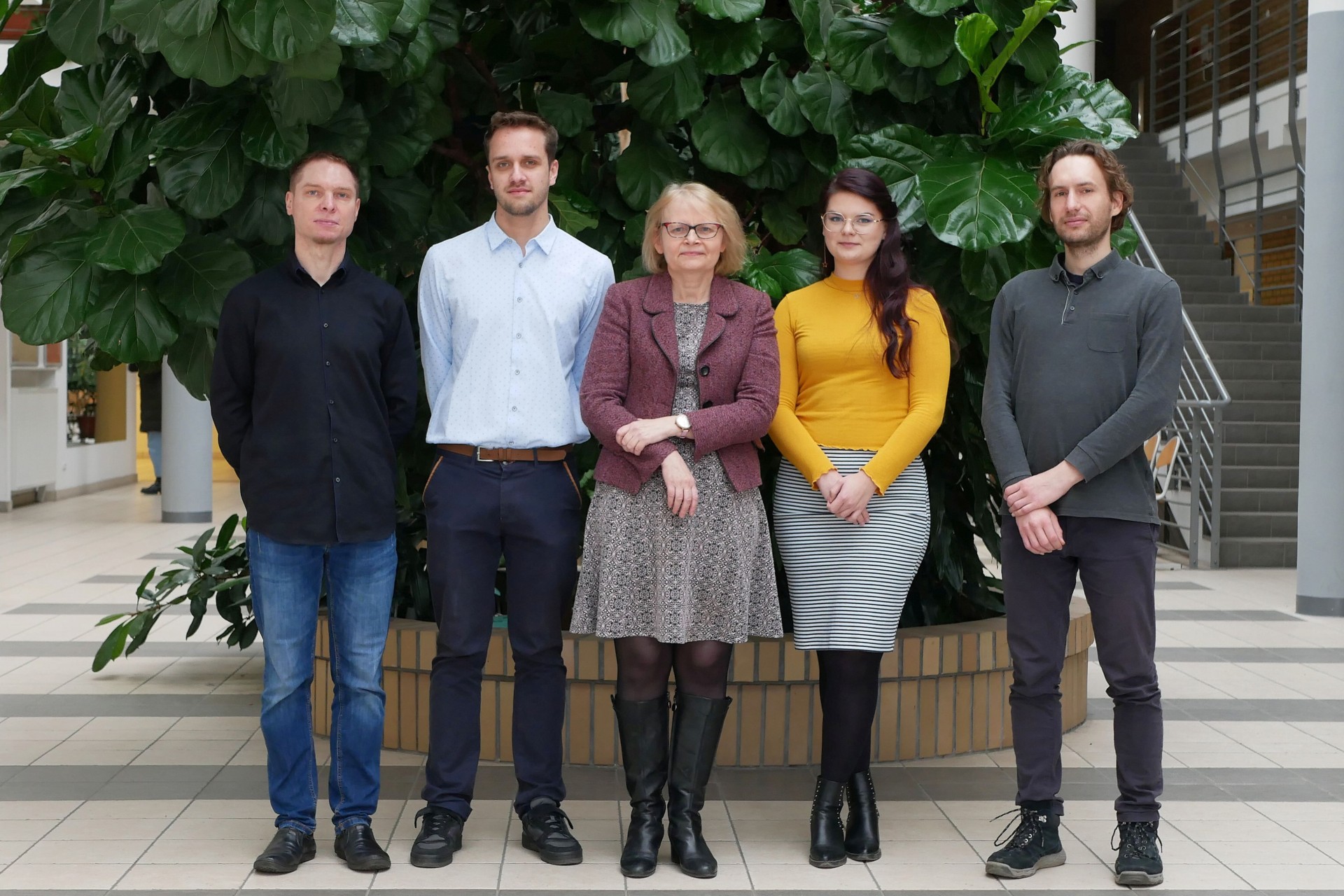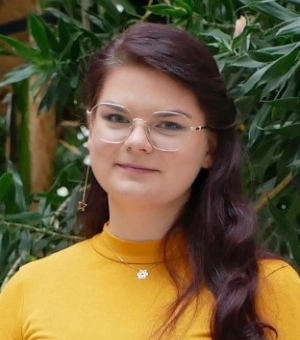Home > Structure > Department of Bioenergetics > Mitochondrial Biochemistry
Mitochondrial Biochemistry Research Group
Our group is interested in cellular oxidative metabolism, regulation of activity and physiological role of mitochondrial energy-dissipating pathways, and mitochondrial function under physiological and pathological conditions.

Prof. Wiesława Jarmuszkiewicz
Principal Investigator
Research
Our group is interested in molecular basics of energy transduction. We concentrate on mitochondrial energy dissipating systems (uncoupling proteins – UCPs, alternative oxidases – AOXs, mitochondrial potassium channels) and their role in mitochondria under physiological and pathological conditions in different eukaryotic organisms (from unicellular microorganisms to plants and mammals). We study the impact of endurance training, drugs (statins and bisphosphonates) and oxidative stress caused by hypoxia, Q deficiency or substrate availability disorders on the functioning of mitochondria in various tissues and organs of animals.
We investigate mitochondrial function of various eukaryotic organisms, i.e., unicellular organisms (protists, yeast), plants, insects, different mammalian organs/tissues including human.
Our main approaches are based on bioenergetics, biochemistry, molecular biology and proteomics.
Selected publications
- Electron partitioning between the two branching quinol-oxidizing pathways in Acanthamoeba castellanii mitochondria during steady-state state 3 respiration. Jarmuszkiewicz W., Sluse-Goffart C.M., Hryniewiecka L., Michejda J., Sluse F.E. Journal of Biological Chemistry 1998, 273, 10174-10180, https://doi.org/10.1074/jbc.273.17.10174
- Identification and characterization of a protozoan uncoupling protein in Acanthamoeba castellanii. Jarmuszkiewicz W, Sluse-Goffart CM, Hryniewiecka L, Sluse FE. Journal of Biological Chemistry 1999, 274, 23198-23202, https://doi.org/10.1074/jbc.274.33.23198
- ATP-sensitive potassium channel in mitochondria of the eukaryotic microorganism, Acanthamoeba castellanii. Kicinska A, Swida A, Bednarczyk P, Koszela-Piotrowska I, Choma K, Dolowy K, Szewczyk A, Jarmuszkiewicz W. Journal of Biological Chemistry 2007, 282, 17433-17441, https://doi.org/10.1074/jbc.M701496200
- Ubiquinol (QH(2)) functions as a negative regulator of purine nucleotide inhibition of Acanthamoeba castellanii mitochondrial uncoupling protein. Woyda-Ploszczyca A, Jarmuszkiewicz W. Biochimica and Biophysica Acta – Bioenergetics 2011, 1807, 42-52, https://doi.org/10.1016/j.bbabio.2010.08.012
- Temperature controls the oxidative phosphorylation and reactive oxygen species production through uncoupling in rat skeletal muscle mitochondria. Jarmuszkiewicz W, Woyda-Ploszczyca A, Koziel A, Majerczak J, Zoladz JA. Free Radicals Biology and Medicine 2015, 83, 12-20, https://doi.org/10.1016/j.freeradbiomed.2015.02.012
- Endurance training increases the efficiency of rat skeletal mitochondria. Zoladz JA, Koziel A, Woyda-Ploszczyca A, Celichowski J, Jarmuszkiewicz W. Pflugers Archiv – European Journal of Physiology 2016, 468(10):1709-1724, DOI: 10.1007/s00424-016-1867-9
- The interplay between mitochondrial reactive oxygen species formation and the coenzyme Q reduction level. Dominiak K, Koziel A, Jarmuszkiewicz W. Redox Biology 2018, 18, 256-2655, https://doi.org/10.1016/j.redox.2018.07.018
- Lung mitochondria adaptation to endurance training in rats. Jarmuszkiewicz W, Dominiak K, Galganski L, Galganska H, Kicinska A, Majerczak J, Zoladz JA. Free Radical Biology Medicine 2020, 161, 163-174, https://doi.org/10.1016/j.freeradbiomed.2020.10.011
- Activation of antioxidative and detoxificative systems in Brassica juncea L. plants against the toxicity of heavy metals. Małecka A, Konkolewska A, Hanć A, Ciszewska L, Staszak AM, Jarmuszkiewicz W, Ratajczak E. Scientific Reports 2021, 11, 22345, https://doi.org/10.1038/s41598-021-01827-w
- Carbon dioxide inhibits COVID‑19‑type proinflammatory responses through extracellular signal‑regulated kinases 1 and 2, novel carbon dioxide sensors. Galganska H, Jarmuszkiewicz W, Galganski L. Cellular and Molecular Life Sciences 2021, 78, 8229-8242, http://link.springer.com/article/article/article/10.1007/s00018-021-04005-3
More publications in PubMed.
Research grants
- Oxidative metabolism adaptation to Coenzyme Q deficiency in the brain; effect of statin, OPUS 19 NCN (2020/37/B/NZ1/01188) 2021-2025
- Relationship between reactive oxygen species production and coenzyme Q reduction level in mitochondria, OPUS 11 NCN (2016/21/B/NZ3/00333) 2017-2022
- Cardioprotective flavonoids: new regulators of mitochondrial potassium channels? OPUS 11 NCN (2016/21/B/NZ1/02769) 2017-2021, consortium project with Warsaw University of Life Sciences (SGGW) and Nencki Institute of Experimental Biology
- Relationship between reactive oxygen species production and coenzyme Q reduction level in mitochondria, OPUS 11 NCN (2016/21/B/NZ3/00333) 2016-2021
